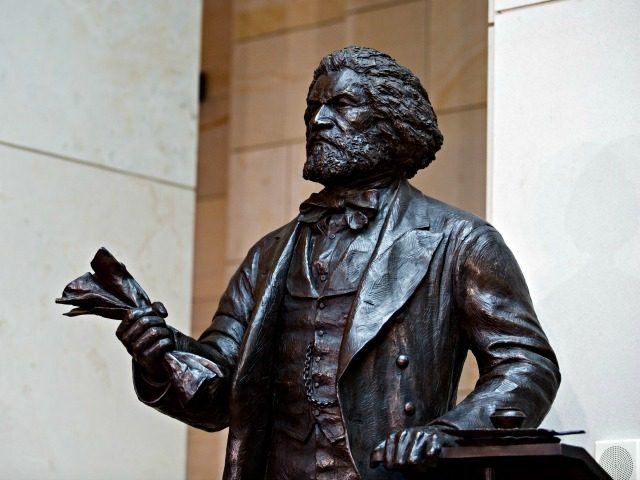This week, the city of Evanston, Illinois launched a program of “reparations.”
Targeted at victims of housing discrimination, the program also aimed to redress the legacy of slavery.
The original resolution that launched the effort claimed that Illinois, a free state that produced Abraham Lincoln, “actively aided the institution of slavery.” (The resolution also cited the disastrous 2001 UN World Conference Against Racism in Durban, South Africa, which was marred by antisemitism.)
The ironies are even deeper.
The word “Evanston” honors Dr. John Evans, a friend of Lincoln who was one of the co-founders of Northwestern University and the Republican Party, on its anti-slavery platform. His later career as the governor of Colorado was marred by the Sand Creek Massacre, in which 150 Native Americans were killed; he was held responsible, though he likely had no knowledge of it in advance.
Regardless, the fact remains that Evanston is named for an opponent of slavery.
This is only the latest case of a community or institution with a proud history of anti-slavery bowing down before the altar of “woke” political correctness.
In 2016, under the influence of the Black Lives Matter movement, Harvard University began to emphasize the history and “legacy” of slavery on campus. The university memorialized four slaves known to work at there in the 18th century, and renamed the “masters” of its upperclass houses “resident deans,” lest the word trigger bad associations.
That effort obscured the far larger and deeper history of the abolitionist movement at Harvard. The sons of the Boston elite were among the first to sacrifice their lives for the cause of the Union; many were motivated specifically by a desire to end slavery.
The 20th Massachusetts Regiment of the Union army was known as the “Harvard Regiment” for the number of Harvard graduates and students in its ranks. It fought in the major engagements of the war and suffered massive casualties.
One new effort to invoke the abolitionist era is a publication being launched by the Boston Globe and Boston University’s Center for Antiracist Research.
Called The Emancipator, after the first abolitionist newspaper in the U.S., the publication does not seek to revive the noble ideas of Frederick Douglass, who preached black self-reliance after emancipation: “They have been undone by your doings, and all they now ask, and really have need of at your hands, is just to let them alone.”
On the contrary, The Emancipator claims that its mission is to “hasten racial justice.” Its advisory board includes a few respected journalists — and several writers who are serial propagandists for the cause of racial grievance and division.
One such is Nikole Hannah-Jones, whose opening essay for the New York Times‘ “1619 Project” falsely claimed that the American Revolution was fought to defend slavery. She won the Pulitzer Prize anyway, and celebrated the “1619 Riots” of 2020.
Efforts like The Emancipator do not seek to free Americans from racism; they seek to burden yet another generation of Americans with guilt and hatred.
Nothing good will come of this self-flagellation by America’s elites. Black Americans are voting with their feet, in fact, having left liberal enclaves like Evanston in droves over the past two decades. They are moving from the liberal cities of the North to the conservative South, where there are more jobs and opportunities.
Instead of obsessing about the worst parts of America’s past, perhaps we should remind ourselves how we transcended them.
This weekend, Jews will celebrate the Passover holiday, a retelling of the story of the Exodus from Egypt. The text recounts the suffering of the Israelite slaves, but freedom is the focus. The children, who represent the future, play a leading role.
We Americans need such an approach to our history. We cannot forget the past, but it should inspire us, not enslave us anew.
Joel B. Pollak is Senior Editor-at-Large at Breitbart News and the host of Breitbart News Sunday on Sirius XM Patriot on Sunday evenings from 7 p.m. to 10 p.m. ET (4 p.m. to 7 p.m. PT). His new novel, Joubert Park, tells the story of a Jewish family in South Africa at the dawn of the apartheid era. His recent book, RED NOVEMBER, recounts the 2020 Democratic presidential primary from a conservative perspective. He is a winner of the 2018 Robert Novak Journalism Alumni Fellowship. Follow him on Twitter at @joelpollak.

COMMENTS
Please let us know if you're having issues with commenting.